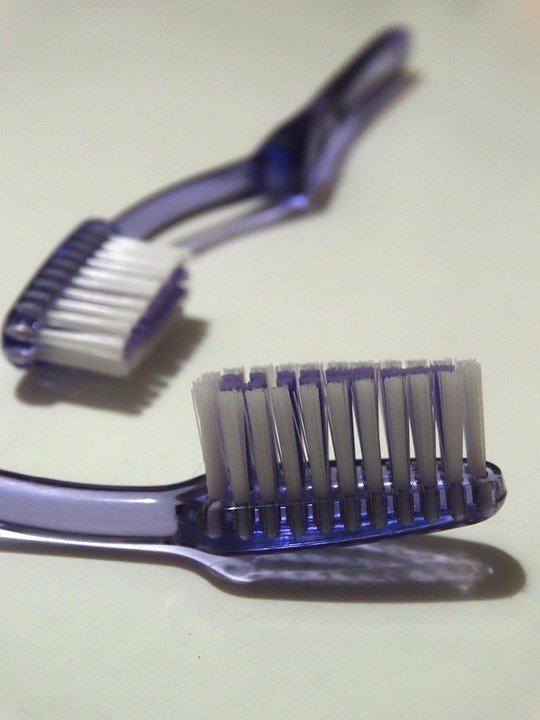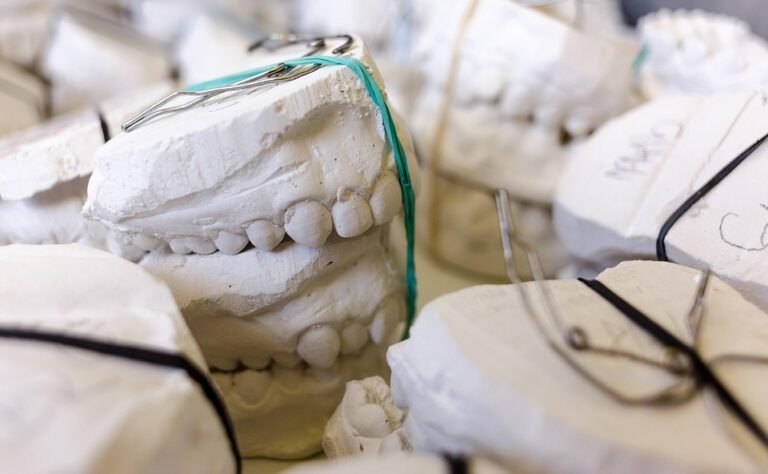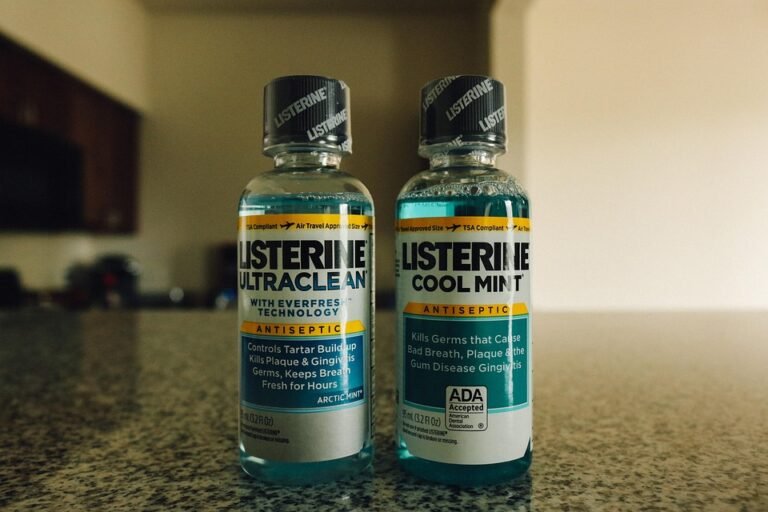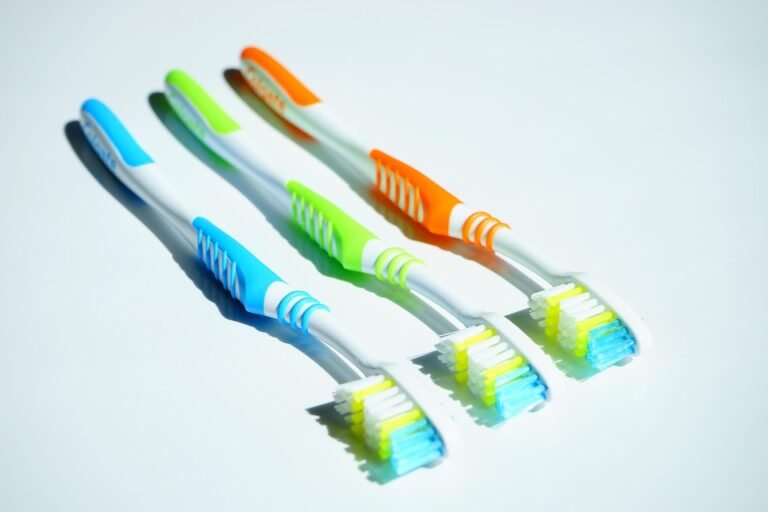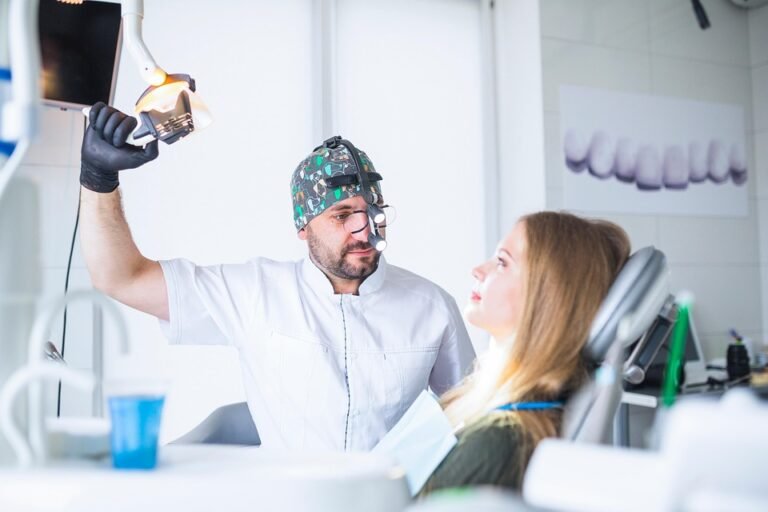How can I gain research experience as a pre dental student
Okay, so I’m a pre-dental student, and I know research is practically a requirement these days to get into a good dental school. But it feels impossible to actually get a research position. I’m a sophomore, so I haven’t taken a ton of advanced science courses yet, just general chemistry and biology. I’m planning on taking organic chemistry next year.
My main concern is that I don’t really know anyone doing research. I go to a pretty big state school, so it feels overwhelming to even figure out who to contact. I’ve looked at some faculty profiles on the university website, but I don’t really understand what they’re even researching half the time. Also, I’m worried I don’t have the qualifications. What kind of skills are labs actually looking for in undergraduate research assistants?
And, honestly, what kind of research is even relevant for dental school? Is it only stuff specifically related to dentistry, like studying enamel or something? Or would more general biology/chemistry research still be good? I’m open to anything, but I want to make sure I’m spending my time wisely. I’m also on a pretty tight budget, so are there research opportunities that are paid, or are they all typically volunteer? And finally, when is the best time to start looking for positions? Is it too late to start applying now for the summer?
Answer
As a pre-dental student, gaining research experience can significantly strengthen your application and provide valuable insights into the scientific foundations of dentistry. Here’s a detailed breakdown of how to acquire research experience:
1. Understand the Value and Types of Research:
- Why Research Matters: Dental schools value research experience because it demonstrates critical thinking, problem-solving skills, scientific literacy, and a dedication to advancing knowledge in the field. It also exposes you to the scientific method, data analysis, and the collaborative nature of research.
- Types of Research:
- Basic Science Research: Focuses on fundamental biological processes relevant to oral health. This could involve studying cell signaling pathways, genetics, microbiology, or immunology related to dental diseases.
- Clinical Research: Involves direct interaction with patients. Examples include clinical trials testing new treatments, observational studies analyzing patient data, or surveys assessing oral health behaviors and attitudes.
- Translational Research: Aims to bridge the gap between basic science discoveries and clinical applications. This could involve testing the efficacy of a new biomaterial or developing a novel diagnostic tool based on basic science findings.
- Public Health Research: Examines oral health at the population level. This could involve studying the prevalence of dental caries in different communities or evaluating the effectiveness of public health interventions.
2. Identifying Research Opportunities:
- University Faculty:
- Dental Schools: Contact professors in dental school departments such as oral biology, periodontics, endodontics, orthodontics, prosthodontics, or oral and maxillofacial surgery. Look at faculty profiles on the school’s website to identify researchers whose interests align with yours.
- Undergraduate Institutions: Explore research opportunities within your own university’s biology, chemistry, biomedical engineering, or related departments. Many professors conduct research that has relevance to oral health.
- Medical Schools: If your university has a medical school, explore research opportunities in departments like immunology, microbiology, or genetics, as these areas often overlap with dental research.
- Hospitals and Research Institutes:
- Affiliated Hospitals: Contact research departments within hospitals affiliated with dental or medical schools. These institutions often conduct clinical trials or translational research.
- Independent Research Institutes: Look for research institutes focused on oral health, craniofacial biology, or related areas.
- Summer Research Programs:
- NIH Summer Research Programs: The National Institutes of Health (NIH) offers various summer research programs for undergraduate students, including opportunities at the National Institute of Dental and Craniofacial Research (NIDCR).
- Dental School Summer Research Programs: Many dental schools offer summer research programs specifically for pre-dental students. These programs often provide stipends, housing, and mentoring.
- Amgen Scholars Program: A competitive program that places undergraduate students in leading research institutions across the country.
- Research Experiences for Undergraduates (REU) Programs: Funded by the National Science Foundation (NSF), REU programs offer research opportunities in a wide range of scientific disciplines.
- Networking:
- Professors and Advisors: Talk to your professors and academic advisors about your interest in research. They may be able to connect you with researchers in their network.
- Dentists: Contact dentists in your area who may be involved in research or have connections to research institutions.
- Dental Students and Residents: Reach out to dental students and residents at nearby dental schools. They may be able to provide insights into research opportunities and connect you with faculty members.
3. Preparing Your Application:
- Identify Your Interests: Before contacting potential research mentors, identify your specific research interests within the field of dentistry. This will help you narrow your search and demonstrate genuine enthusiasm.
- Craft a Strong Email: When contacting potential mentors, write a personalized email that highlights your academic background, research interests, and reasons for wanting to work in their lab. Attach your resume or CV and unofficial transcript.
- Highlight Relevant Skills: Emphasize any relevant skills you have, such as laboratory techniques, data analysis, computer programming, or experience with scientific writing.
- Be Persistent: It may take time to find a research opportunity. Don’t be discouraged if you don’t receive a response from every researcher you contact. Follow up on your emails and continue to explore different avenues.
4. Making the Most of Your Research Experience:
- Be Proactive: Take initiative and actively participate in research activities. Ask questions, offer suggestions, and seek out opportunities to learn new skills.
- Attend Lab Meetings and Seminars: Attend lab meetings and seminars to stay up-to-date on the latest research findings and network with other researchers.
- Contribute to Data Collection and Analysis: Participate in data collection, data entry, and data analysis. Learn how to use statistical software and interpret research findings.
- Present Your Research: Present your research findings at conferences, workshops, or poster sessions. This will help you develop your presentation skills and gain valuable feedback.
- Publish Your Research: If possible, aim to publish your research findings in a peer-reviewed journal. This is a significant accomplishment that will greatly enhance your application.
- Build Relationships with Mentors: Develop a strong relationship with your research mentor. Seek their guidance and advice on your career goals.
5. Documenting Your Research Experience:
- Keep a Detailed Logbook: Maintain a detailed logbook of your research activities, including dates, procedures, observations, and results. This will be helpful when writing your personal statement and discussing your research experience during interviews.
- Request Letters of Recommendation: Obtain letters of recommendation from your research mentors. These letters should highlight your research skills, work ethic, and contributions to the lab.
- Include Research Experience on Your Application: Clearly describe your research experience on your dental school application, including the research question, your role in the project, and the results you obtained.
6. Specific Skills that are Helpful:
- Basic Lab Skills: pipetting, cell culture, microscopy, DNA/RNA extraction, PCR, electrophoresis.
- Statistical Software: SPSS, R, SAS.
- Bioinformatics: sequence analysis, genomics, proteomics.
- Computer Skills: Microsoft Office suite, data entry, database management.
- Scientific Writing: literature review, manuscript preparation, poster creation.
- Communication Skills: presenting research findings, collaborating with team members.
7. Timing and Duration:
- Start Early: Begin exploring research opportunities as early as your freshman or sophomore year of college.
- Commit Long-Term: Aim to commit to a research project for at least one year, preferably longer. This will allow you to gain a deeper understanding of the research process and make meaningful contributions.
- Balance Research with Other Activities: Maintain a balance between research, coursework, extracurricular activities, and personal life.
By following these steps, pre-dental students can effectively gain valuable research experience that will strengthen their applications and prepare them for success in dental school and beyond.

